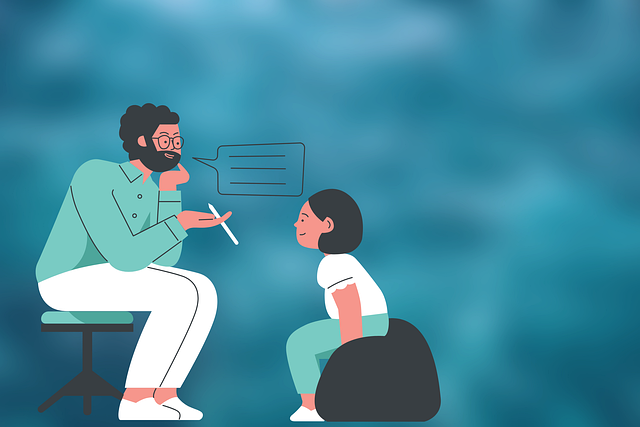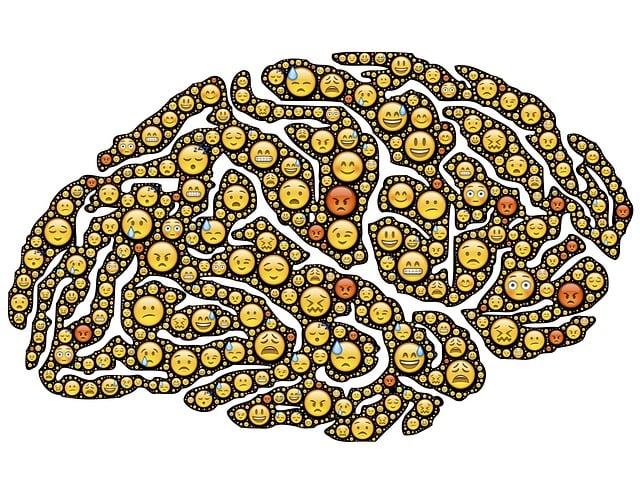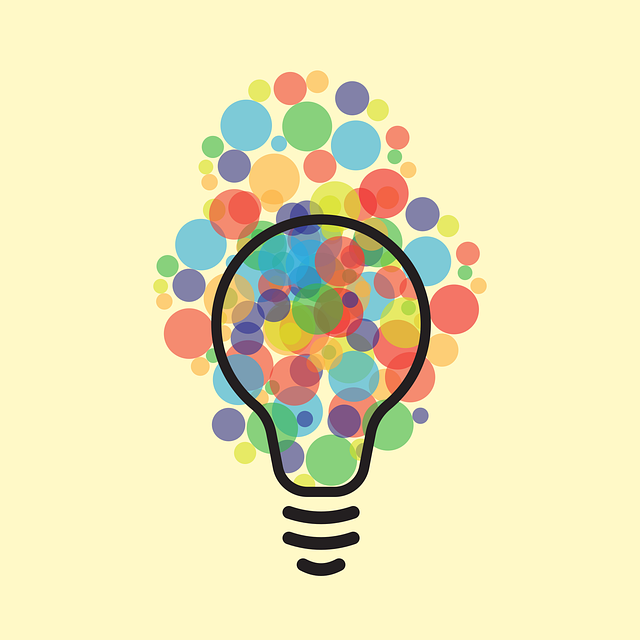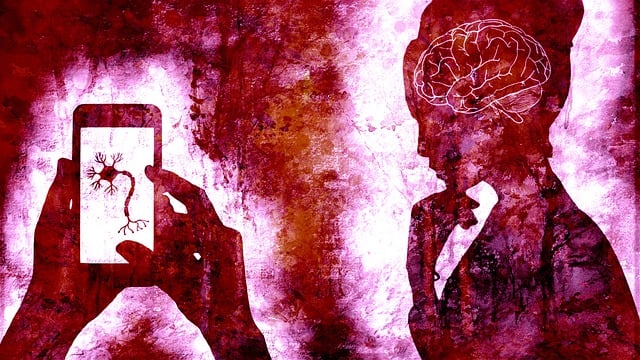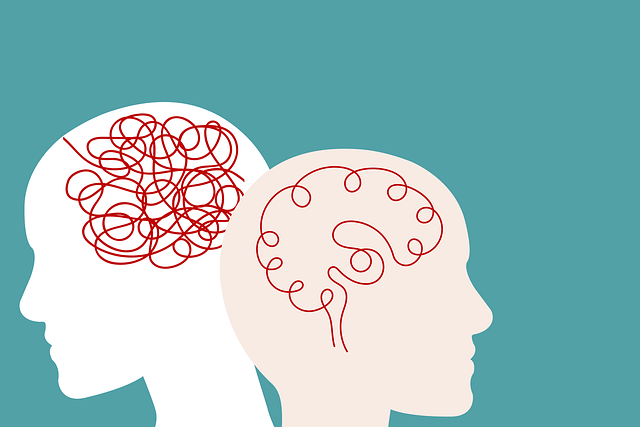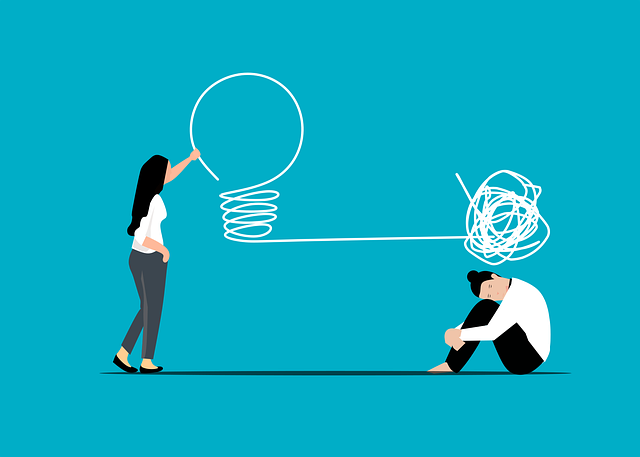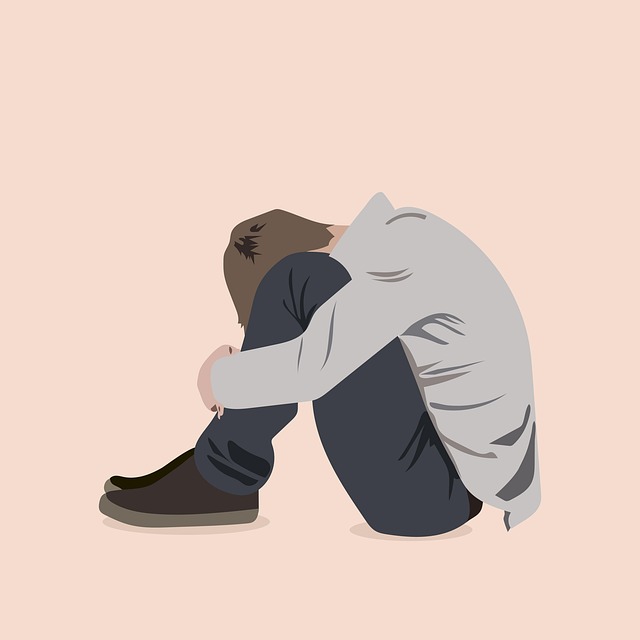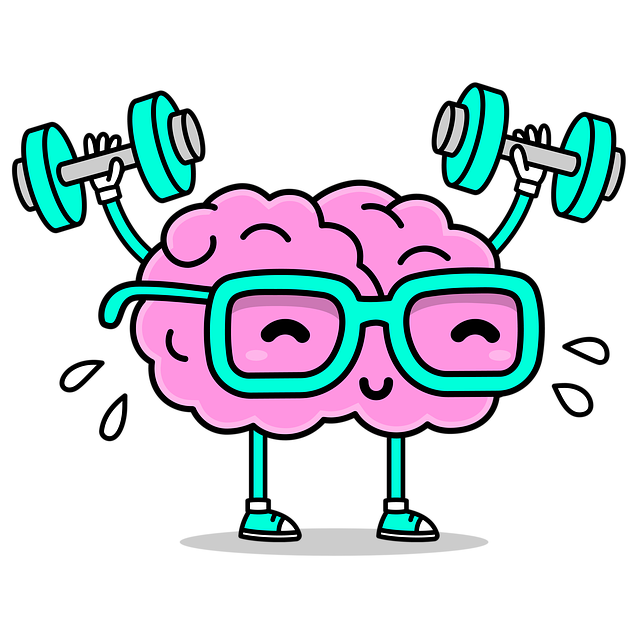Coping skills are vital for managing life's challenges and maintaining mental health, with Aurora EMDR Therapy emerging as a powerful evidence-based approach. This therapy aids in processing traumatic memories, reducing emotional intensity, and fostering healthier response mechanisms. By integrating techniques like mindfulness, relaxation exercises, problem-solving, and social support, individuals can enhance resilience, regulate moods, and cultivate inner peace. Aurora EMDR, combined with coping skills development, enables effective communication about personal struggles and navigation of life's challenges with the help of support networks. Structured self-care programs for healthcare providers, including mental wellness coaching, prevent burnout and improve coping abilities in high-pressure environments.
Coping skills are essential tools for navigating life’s challenges and maintaining mental well-being. This article explores the development of effective coping strategies, focusing on the role of innovative therapies like Aurora EMDR. We’ll delve into how this approach enhances resilience, offers new perspectives, and empowers individuals to manage stress, anxiety, and traumatic experiences. Additionally, practical tips for integrating these skills into daily routines are provided, ensuring long-term sustainability.
- Understanding Coping Skills and Their Significance
- The Role of Aurora EMDR Therapy in Developing Effective Coping Mechanisms
- Strategies for Integrating Coping Skills into Daily Life
- Overcoming Challenges: Tips for Sustaining Coping Skills Long-Term
Understanding Coping Skills and Their Significance

Coping skills are the strategies we use to navigate life’s challenges and maintain our well-being. They play a pivotal role in mental health awareness, helping individuals manage stress, anxiety, and difficult emotions effectively. Aurora EMDR Therapy, for instance, is an evidence-based approach that aids in processing traumatic memories and cultivating healthier coping mechanisms. By learning these skills, we can reduce the impact of mental illness stigma reduction efforts and enhance our ability to cope with life’s inevitable ups and downs. Effective coping strategies include techniques like mindfulness, relaxation exercises, problem-solving, and seeking social support. These tools empower us to regulate moods, foster resilience, and cultivate a sense of inner peace even amidst adversity.
The Role of Aurora EMDR Therapy in Developing Effective Coping Mechanisms

Aurora EMDR Therapy plays a pivotal role in equipping individuals with effective coping mechanisms to manage stress and overcome challenges. This innovative therapy goes beyond traditional coping skills development by addressing the root causes of distressing memories and thoughts. Through a combination of eye movement desensitization and reprocessing, Aurora EMDR helps individuals process traumatic or highly charged experiences, reducing their emotional intensity. As a result, it enables people to develop healthier ways of responding to stressful situations, fostering better resilience.
The integration of Aurora EMDR within coping skills development provides a robust framework for stress reduction methods. By facilitating open communication about personal struggles and guiding crisis intervention techniques, this therapy empowers individuals to navigate life’s challenges more effectively. It equips them with valuable communication strategies, enabling honest discussions about their experiences and emotions, which is crucial for receiving support from friends, family, or professional networks.
Strategies for Integrating Coping Skills into Daily Life

Integrating coping skills into daily life is a transformative process that empowers individuals to navigate challenges with resilience and adaptability. One effective approach, backed by evidence-based practices like Aurora EMDR Therapy, focuses on emotional regulation. This involves recognizing and understanding one’s emotions, followed by healthy expression and management techniques. For instance, mindfulness meditation and deep breathing exercises can help center the mind and calm the body, making it easier to respond to stressful situations with clarity and composure.
Additionally, cultural sensitivity in mental healthcare practice plays a vital role. Recognizing and respecting diverse cultural beliefs and values ensures that coping strategies are tailored to individual needs, enhancing their effectiveness. Mental wellness journaling exercises can serve as a powerful tool for self-reflection and emotional release. By documenting thoughts, feelings, and experiences, individuals gain insights into their coping mechanisms and identify areas for improvement, fostering continuous growth in their journey towards mental wellness.
Overcoming Challenges: Tips for Sustaining Coping Skills Long-Term

Overcoming challenges is a pivotal aspect of cultivating and maintaining coping skills over the long term. This journey often requires resilience and a strategic approach. One effective method, backed by evidence like those seen in Aurora EMDR Therapy, involves integrating trauma-informed practices into daily routines. By addressing underlying emotional wounds, individuals can develop a deeper sense of stability and equilibrium.
Additionally, incorporating burnout prevention strategies for healthcare providers, such as structured self-care practices, can significantly enhance coping abilities. Mental wellness coaching programs development plays a crucial role here by offering tailored guidance on managing stress, cultivating mindfulness, and fostering healthy boundaries. These proactive measures ensure that individuals not only cope with challenges but also thrive, even in high-pressure environments.
Coping skills development is a multifaceted process that involves understanding one’s emotional responses and adopting effective strategies. As discussed, Aurora EMDR Therapy offers a powerful tool for navigating mental health challenges by helping individuals process traumatic memories and develop resilient coping mechanisms. By integrating these skills into daily life, people can enhance their ability to manage stress, overcome obstacles, and improve overall well-being. Long-term success relies on consistent practice and overcoming challenges, ensuring that coping strategies remain adaptable and effective over time.

